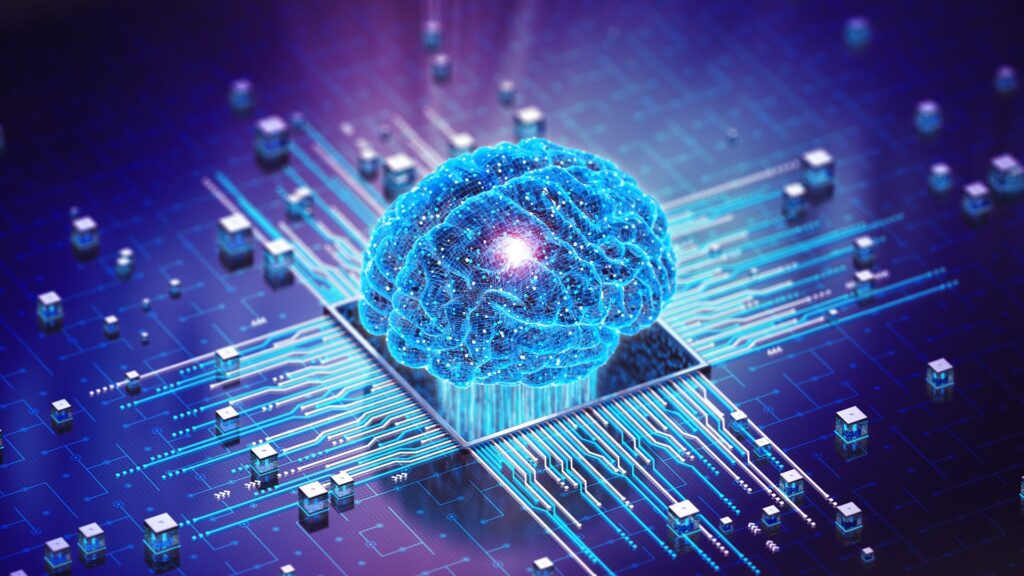As a developing economy Nigeria Tackling the challenges of making the most of AI potential, a new research paper highlights how strategic AI implementation across key sectors can significantly reduce inequality and drive national development.
This is one of the central findings of AI in Nigeria, a white paper commissioned by Microsoft and conducted by PWC in collaboration with Lagos Business School. The findings were presented at the recently concluded Microsoft AI Skills Week in Lagos.
The five-day event brought customers, business leaders, developers and end users to explore the evolving landscape of AI.
It featured a blend of self-paced learning, live sessions, and interactive workshops aimed at providing participants with practical skills for AI adoption.
Event experts highlighted a data-driven approach to accelerating Nigeria’s AI transformation and analyzed the findings of the white paper.
“Although AI is still in the early stages of Nigeria, the growing awareness of global progress and the potential for change has led to a change in mindset,” said Ola Williams, managing director of Microsoft Nigeria and Ghana.
“Entrepreneurs, researchers and policymakers are currently exploring AI to meet local needs and promote inclusive growth.”
Williams noted that governments and educational institutions are beginning to create an effective environment for AI research and innovation.
Initiatives such as the Nigerian Artificial Intelligence Research Scheme (NAIRS), the National Center for Artificial Intelligence Robotics (NCAIR), and the recently announced National AI Strategy reflect a growing commitment to AI-driven development.
This paper outlines how AI is gaining traction in sectors such as finance, e-commerce, agriculture, and healthcare. For example, Nigerian banks now deploy chatbots to manage customer service, and ecommerce platforms like Bumba use AI-powered business coaching tools. In agriculture, platforms such as Beijing provide AI-driven agricultural insights and crop analysis to increase productivity and efficiency.
“We stand at a pivotal moment when AI will revolutionise industry and transform our economy,” said Olufemi Osinubi, partner and West Market Area Consulting Risk Services Leader at PWC Nigeria. “The possibilities are immeasurable, but it is essential to balance risk with a robust governance framework. Nigeria can unlock significant growth by building trust and ensuring responsible use of AI.”
Despite growing interest, Nigeria faces several challenges in realizing the possibilities of AI. These include limited infrastructure, a lack of skilled professionals, inadequate funding, an unclear regulatory framework, and prolonged public skepticism.
A major obstacle is draining the brains of skilled AI professionals, widening talent gaps. To exacerbate this is the difficulties many beginners face in understanding complex AI concepts. Furthermore, business leaders’ awareness of AI risks and ethical considerations is limited, preventing corporate level recruitment.
Nevertheless, government-backed initiatives such as the 3MTT (3 Million Technical Talents) program and Microsoft’s AI Skills Navigator are gradually tackling these gaps, equipping the next generation of AI professionals with the skills and ethical foundations needed to thrive.
The integration of AI into education is also emphasized as a powerful enabler. AI-based tutoring systems and personalized learning platforms can help fill educational inequality. For example, in Uganda, AI-powered platforms provide free legal education to underserved communities, whereas in India, students using AI-driven tools show improved academic achievement in subjects such as Hindi and mathematics.
Some argue that Nigeria should focus on more immediate socioeconomic challenges, but the report counters this view and points out that AI can directly contribute to solving these very issues directly. By filling gaps in education, infrastructure and governance, AI can accelerate national development.
“At Lagos Business School, we are committed to not only defining our AI strategy, but also partnering with governments and industries, but we are committed to building the analytical, ethical mindset and leadership capabilities needed to sustain our digital transformation in Africa.”
Concerns about job mobility continue to delay AI adoption. However, this paper highlights that AI is more likely to complement human labor than replace it. A survey of CEOs in the report found that only 13% of sub-Saharan African companies that adopted AI reported job cuts. Meanwhile, 70% of Nigerian respondents in the Workforce Survey expect generative AI to improve work efficiency, while 88% believe that AI tools will help improve skills, creativity and quality of work.
“By bringing together stakeholders to identify unique AI challenges in Nigeria and providing actionable recommendations, we believe this paper serves as a powerful blueprint for progress,” says Williams of Microsoft. “Together, we can assure you that Nigeria will not only respond to the global AI revolution, but also as a formidable digital powerhouse.”
follow me.



